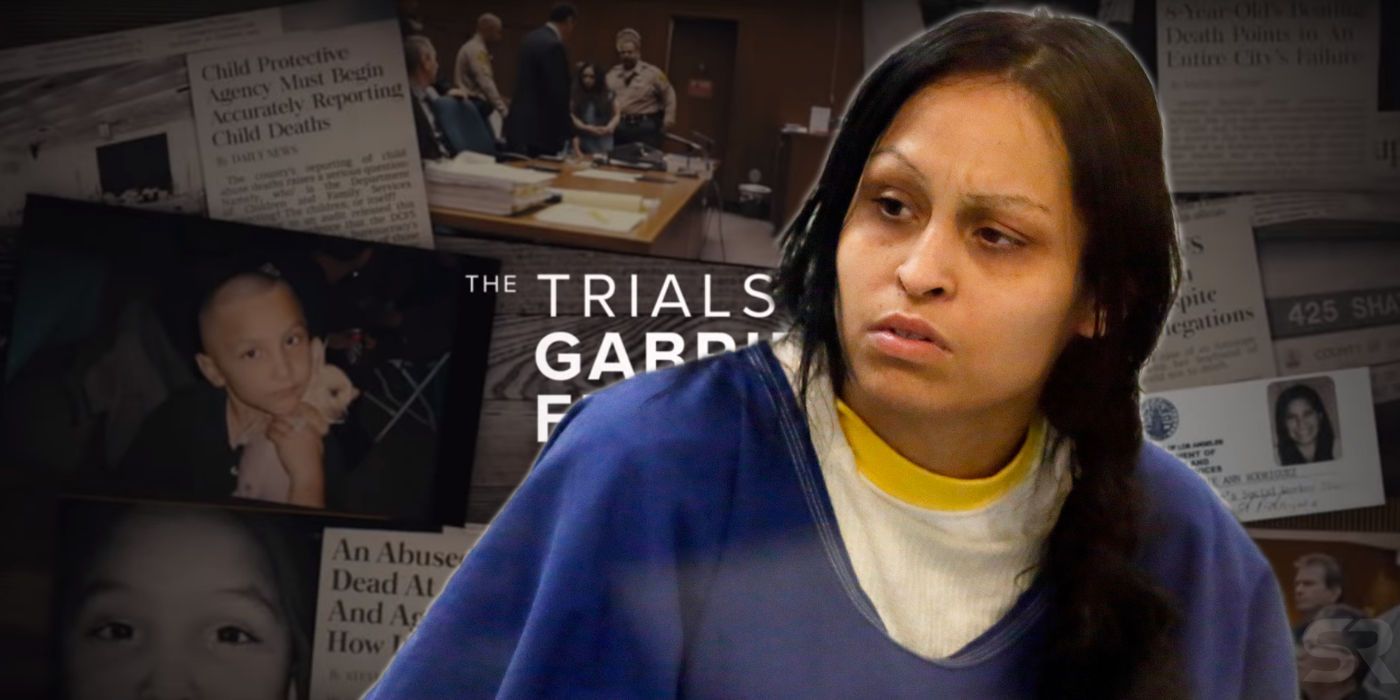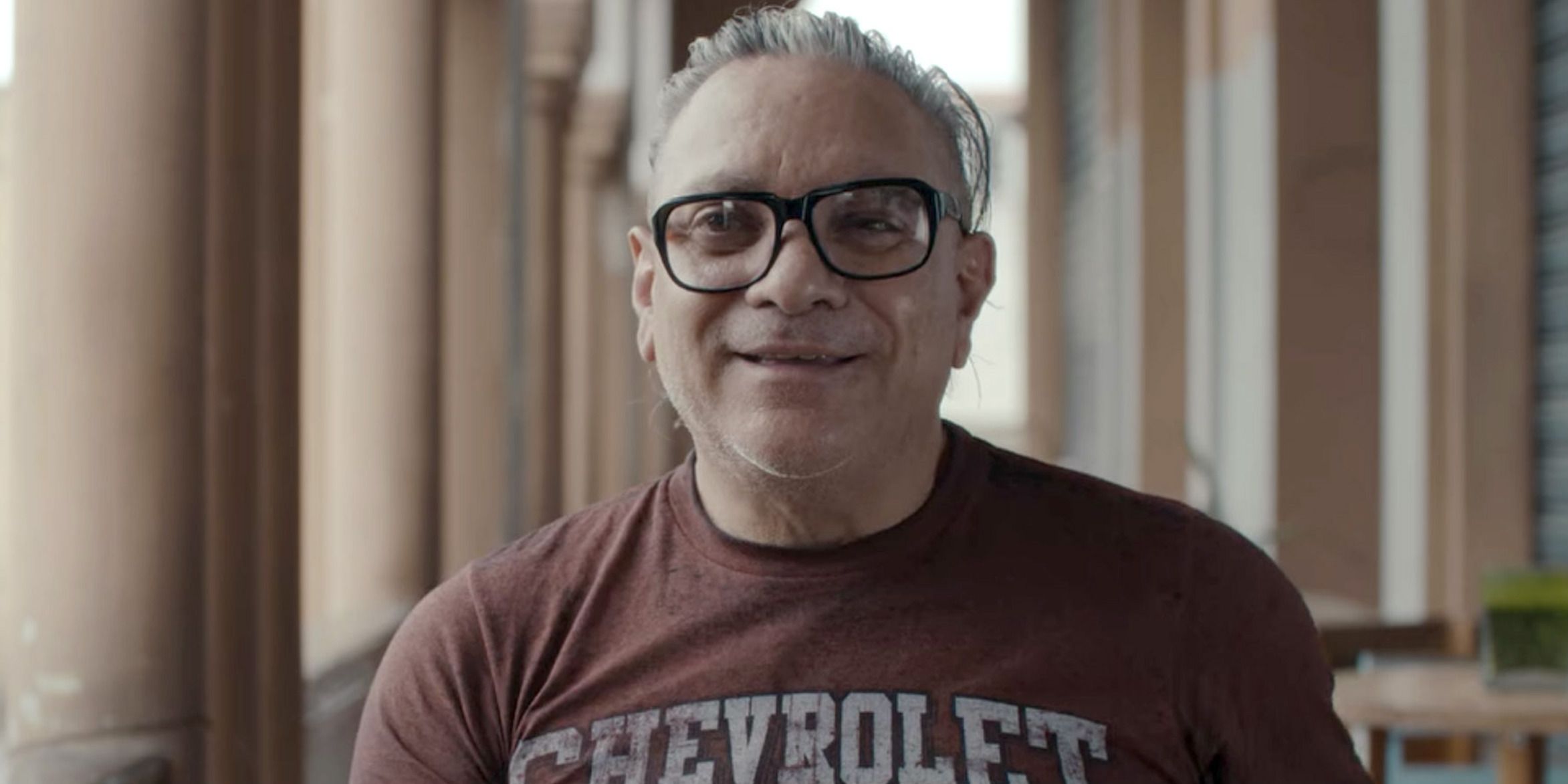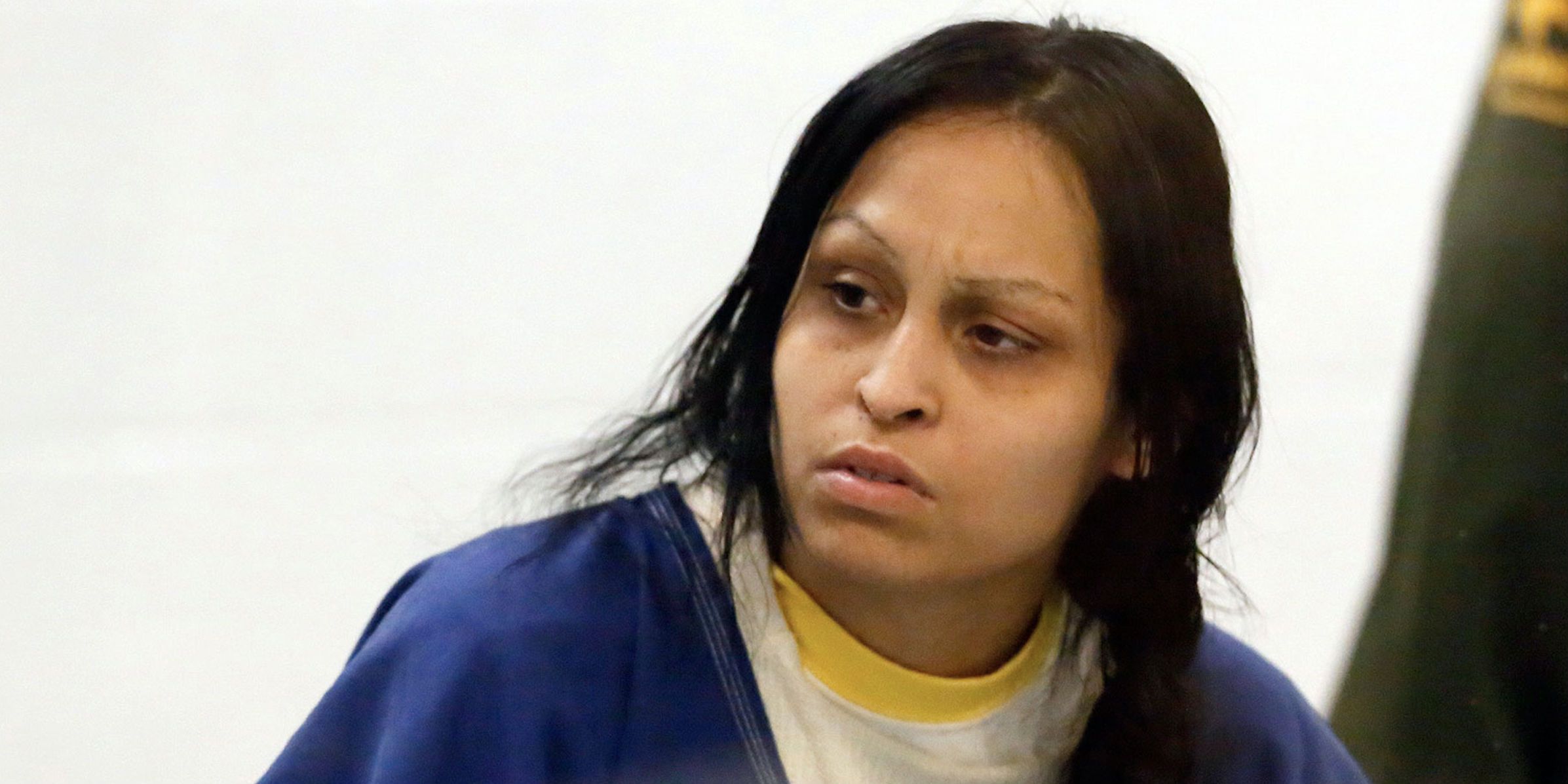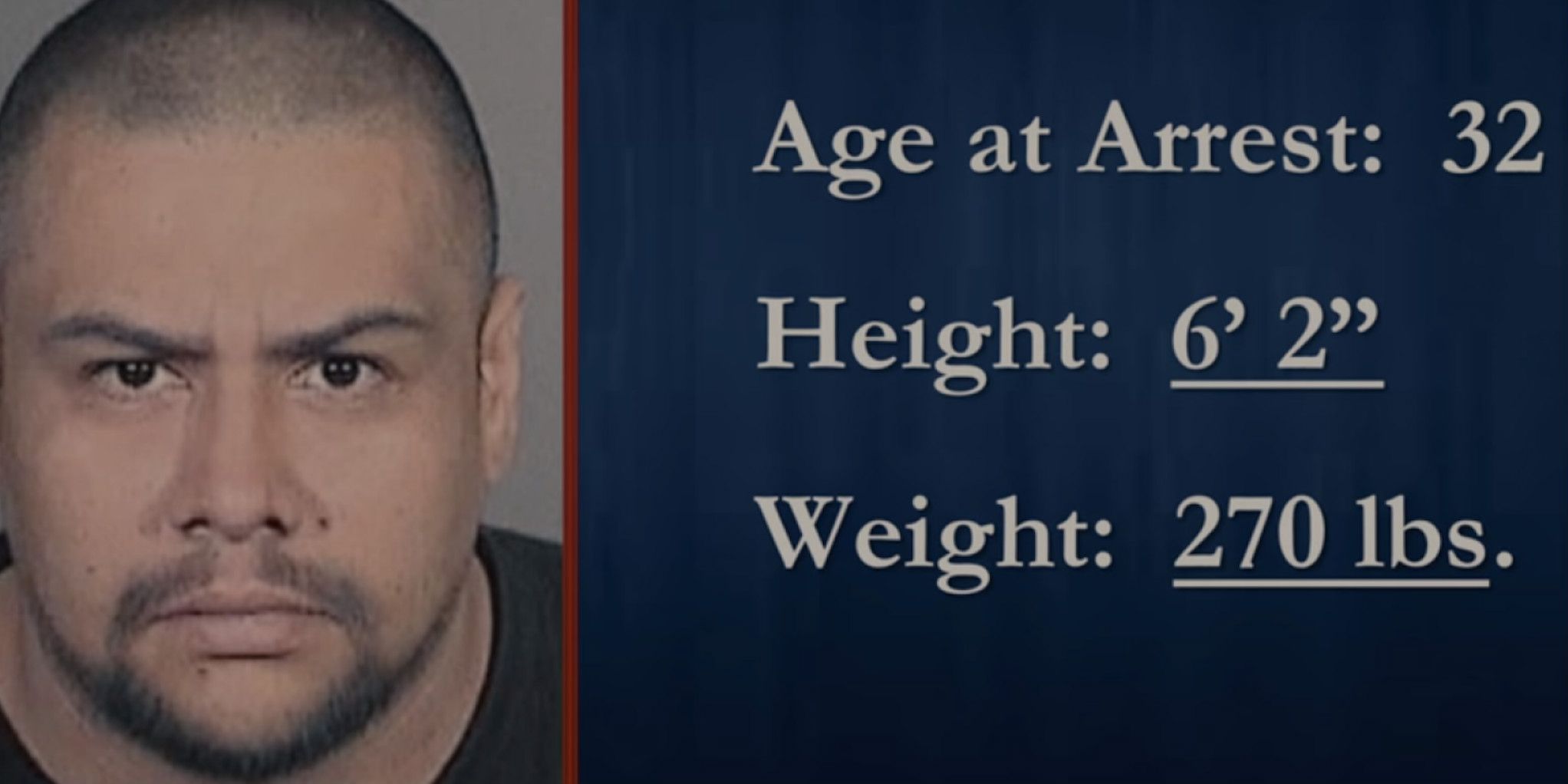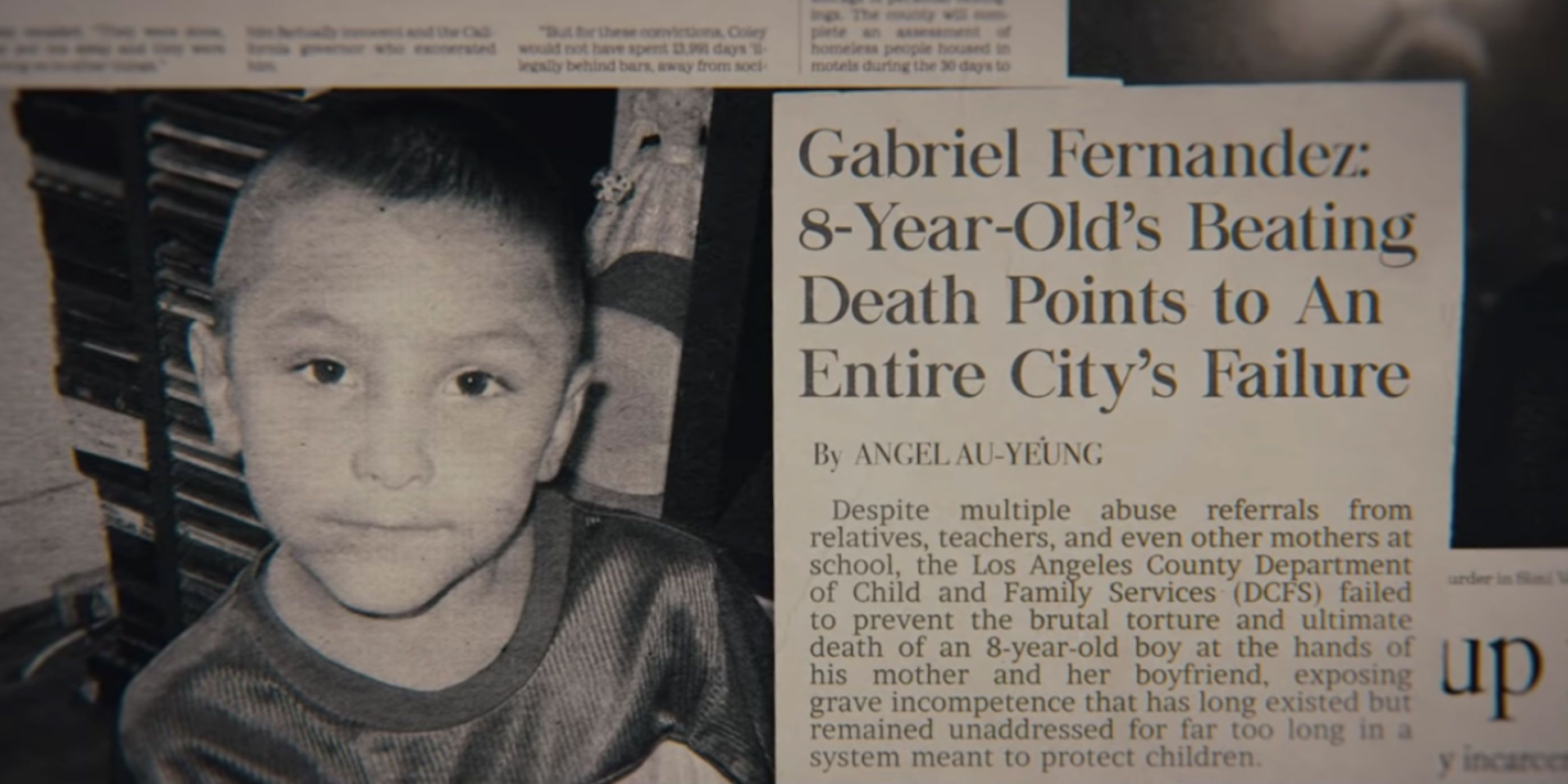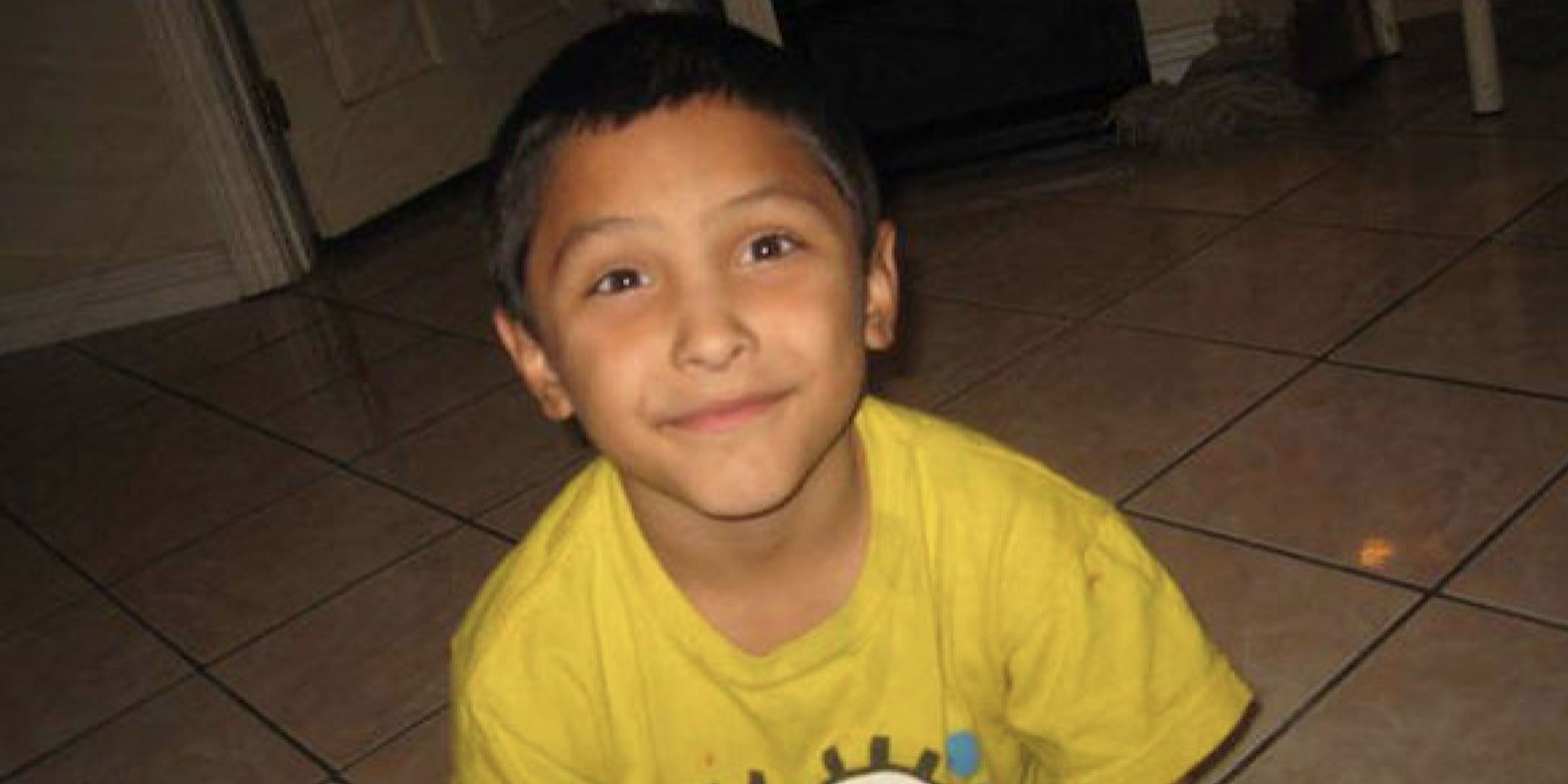The Netflix docuseries The Trials of Gabriel Fernandez provides a meticulous account of an eight-year-old boy's suffering and 2013 murder - but some things are left out. Directed by Brian Knappenberger, the six-part production also explores sociopolitical factors that provide important context for the focal tragedy. Still, there's information that's glossed over in favor of economical storytelling. The Trials of Gabriel Fernandez, a powerful and important documentary, released on Netflix in February 2020.
The Trials of Gabriel Fernandez opens with a sense of urgency and despair, as emergency room workers provide an on-screen testimony about what they saw and felt on May 22, 2013. Two days after suffering a crushed skull and three broken ribs, Gabriel Fernandez died after previously enduring months of systemic torture from his mother, Pearl Fernandez, and her boyfriend, Isauro Aguirre. As a whole, The Trials of Gabriel Fernandez on Netflix investigates the "whys" and "hows" of the case, and makes sure that viewers know exactly what kind of abuse the victim experienced. For some audiences, the specifics may be too much. But the details are indeed crucial in terms of properly understanding the scope of injustice.
Related: The Trials Of Gabriel Fernandez: Biggest Reveals From Netflix's Docuseries
Episode by episode, The Trials of Gabriel Fernandez on Netflix paints of a full portrait of the main case study. Audiences learns about key figures involved, from social workers to teachers to law enforcement officials who immediately recognized that Gabriel hadn't just been severely beaten, but had clearly experienced physical trauma over an extended period of time. But even though audiences receive a full account in terms of evidence, some viewers may want to know more about Gabriel's life before Pearl gained custody of him. Here's what Netflix's The Trials of Gabriel Fernandez leaves out, if only to prioritize other facts, talking points, and concepts.
Gabriel’s First Seven Years
The Trials of Gabriel Fernandez primarily focuses on the subject's murder, but it doesn't fully explore his upbringing. Viewers may be surprised to learn that Gabriel not only spent most of his life with other people than Pearl and Aguirre, but also that his first seven years remain mostly in the background during the Netflix docuseries. In addition, the filmmakers acknowledge an allegation of molestation from one of Gabriel's childhood caretakers but then move forward in time by essentially skipping over several years. If psychology is fundamentally at the root of the case - the WHYs - there seems to be a relevant chapter missing in the Netflix docuseries.
Most likely, the filmmakers didn't want to sensationalize their approach by shifting focus away from Pearl and Aguirre's crimes. By the third episode, it's revealed that Pearl didn't even want Gabriel when he was born, and even left him at the hospital. She then gave the child up to her uncle Michael Lemos Carranza, who was later accused of molesting Gabriel after Pearl regained custody. The docuseries uses this information to underline the fact that Pearl and Aguirre accused Gabriel of being gay, and may have concocted a molestation story for self-serving purposes. Carranza's partner, David Martinez, appears on camera in The Trials of Gabriel Fernandez and discusses being deported to El Salvador. He also denies allegations that he or Carranza ever molested Gabriel.
Curiously, the Netflix docuseries doesn't spend a lot of time exploring the molestation allegations, but does point out that Gabriel's grandfather gained custody because he was concerned about the boy being raised by a gay couple. So, what happened to Carranza, and what did he have to say about allegations? Viewers may also be curious about the several years that Gabriel spent with his grandparents, Sandra and Robert Fernandez, especially considering that the boy had spent a rather significant amount of time with Carranza and Martinez. The Netflix docuseries connects the dots in terms of a timeline, but there's little focus placed on explaining Gabriel's first seven years, aside from the fact that he spent four years with a gay couple (and may have been abused), spent several years with his grandparents, and was then kidnapped (?) by his birth mother Pearl.
How Pearl Gained Custody
After the Martinez segment in The Trials of Gabriel Fernandez, interviewees explain how difficult it must've been for Gabriel to understand the reasons for having various caretakers. Crucially, however, this happens a brief explanation of how Gabriel ended up with Pearl. Los Angeles Deputy District Attorney Jon Hatami attempts to communicate what happened by noting the fact that Pearl and Aguirre gained custody of Gabriel's siblings, Ezequiel and Virginia, in 2011 and then essentially kidnapped Gabriel so that they could receive welfare money.
In 2012, Aguirre apparently told Robert Fernandez that he was taking Gabriel to a barbecue, a lie that allowed Pearl to gain custody. So, how exactly does this happen? If the viewer doesn't fully understand the details about Gabriel's first four years and the events that led to Pearl gaining custody, then other information may fall flat. During an interview, Hatami references that October 2012 was "the beginning of the end," but the Netflix documentary surprisingly doesn't fully detail what the beginning is all about, and how Pearl managed to gain custody of her three children.
Pearl And Aguirre's Full Backstory
The Trials of Gabriel Fernandez does, indeed, acknowledge the personal histories of both Pearl and Aguirre, but doesn't provide the audience with a full profile sketch of two individuals who tortured and murdered an eight-year-old boy. Here's what viewers do learn: Pearl and Aguirre gained custody of Gabriel for financial reasons, they accused him of being gay, and then tortured the boy for several months before ultimately killing him. The Netflix docuseries implies that the couple somehow related to each other by abusing Gabriel, which raises important questions about their backgrounds. Meaning, what led to this, and why? What happened to Pearl and Aguirre in the past? In this case, the filmmakers may have decided that any attempt to humanize two murderers might not be appropriate. Still, it may leave the audience curious about psychological factors. The same applies to the 2019 Netflix docuseries Conversations with a Killer: The Ted Bundy Tapes. Viewers clearly know that the subject hated women, but why? Childhood trauma? A bad breakup? Brain damage?
Pearl's demons are only briefly hinted at The Trials of Gabriel Fernandez. The Netflix doc suggests that she may have even abused Aguirre, and also notes that she has low intelligence - so low that she ultimately avoided the death penalty. Overall, viewers receive context about Pearl and Aguirre's relationship, and how they communicated with each other, but there's a lack of historical context about their personal upbringings and life experiences. Towards the end of The Trials of Gabriel Fernandez, one of Aguirre's former bosses testifies in court and remembers him as a good man - but that does little to explain how he could be one person at work, and then someone completely different behind closed doors. Again, the filmmakers may have decided that it would be problematic to humanize Gabriel's killers. But a more in-depth psychological examination perhaps would've helped general audiences better understand Pearl and Aguirre's motivations.
Lancaster City Profile And Gabriel's Father
Because The Trials of Gabriel Fernandez on Netflix doesn't provide a lot of background information about Pearl and Aguirre, any references to Lancaster feel less impactful. The docuseries effectively creates a sense of atmosphere while detailing everything led to Gabriel's murder, but most of the sociopolitical commentary falls elsewhere. For clarity, a little information about Lancaster the community would've benefitted The Trials of Gabriel Fernandez, though it's understandable why there's more emphasis on specific individuals associated with the case. By the final Netflix episode, a reference to the 2018 Lancaster murder of 10-year-old Anthony Avalos raises more questions about the city's culture, both then and now.
There's also little information provided about Gabriel's birth father, Arnold Contreras. During interviews, Hatami speaks warmly of Contreras and can be seen embracing him during the trial. Still, the Netflix docuseries doesn't offer a lot of background context, or why he was in prison when Gabriel was born. But that does make sense, as there's no apparent reason to shift attention away from Pearl and Aguirre's crimes. It's worth noting that Contreras is also the father of Ezequiel and Virginia, so - every time he appears on camera in the Netflix docuseries - viewers may wonder even more about Gabriel's upbringing.
Gabriel The Person, Not The Victim
By straying from background information, The Trials of Gabriel Fernandez more effectively spotlights the unfortunate facts about the murder case. Incidentally, that creates a raw viewing experience, one that may inspire people to think harder about the larger picture. On the flip side, the primary focus on logistics and hard facts means that there's less emphasis on Gabriel the human, especially considering that his first seven years aren't fully explored. There are several disturbing images in the Netflix documentary, but all of them show viewers the severity of Gabriel's suffering - even when he was smiling for a Mother's Day photo at school with visible bruising all over his face.
The Trials of Gabriel Fernandez is an effective Netflix docuseries that forces viewers to confront harsh realities. If there's one major critique to be made, however, it's that the filmmakers took a hands-off approach when addressing Gabriel's upbringing and the backstories of people who raised him. To be sure, it's a sensitive matter across the board, as only two people are directly responsible for Gabriel's murder.
Next: Netflix's The Trials Of Gabriel Fernandez: What Happened To His Parents

